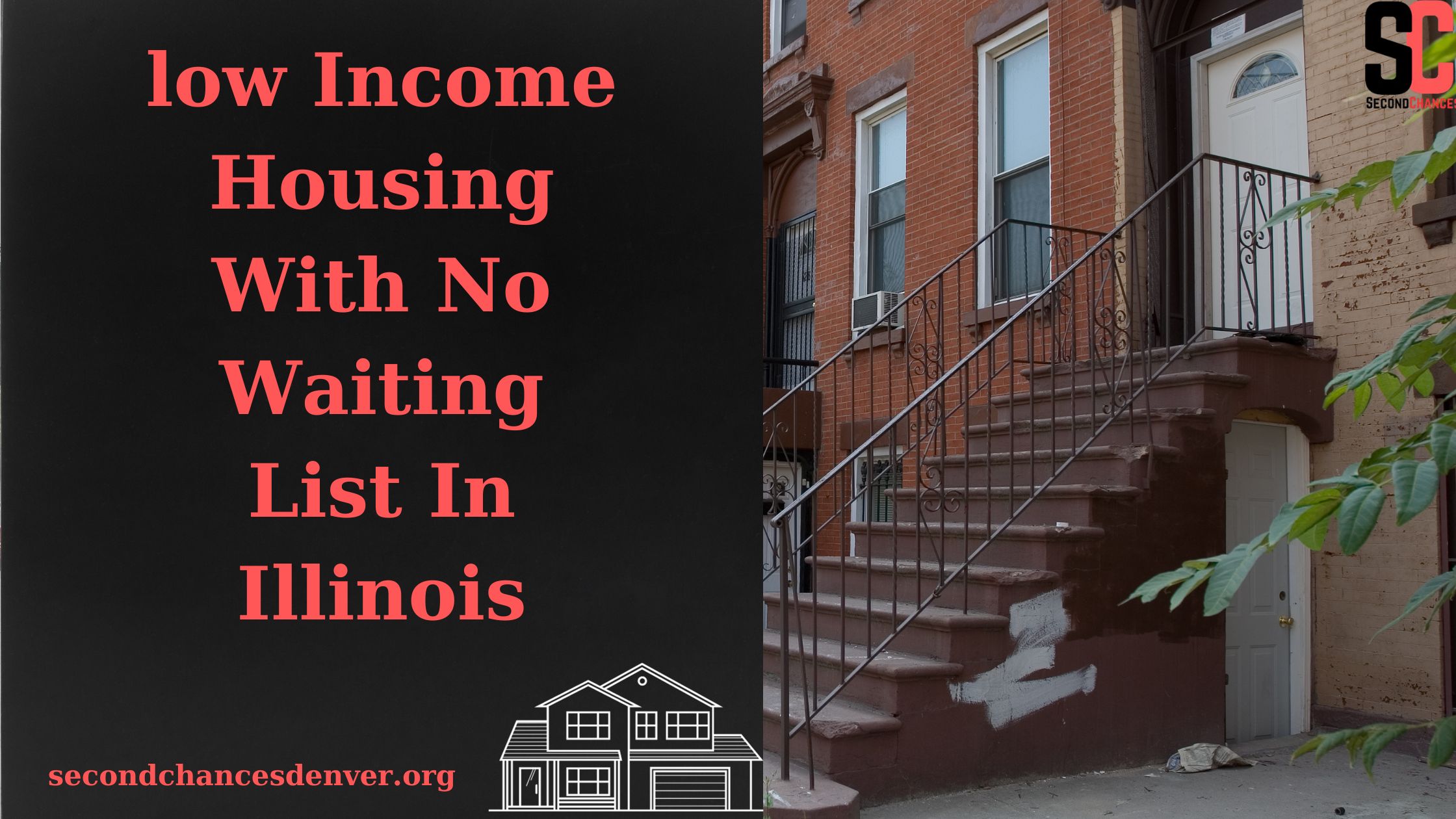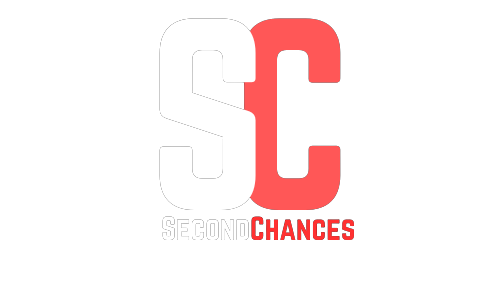Are you looking for safe, low Income Housing With No Waiting List In Illinois but tired of complicated paperwork and uncertainty? Let me tell you some great news! Take advantage of this opportunity to secure your dream home without the frustration of waiting lists.
Click here to find the latest Low Income Housing With No Waiting List In Illinois


